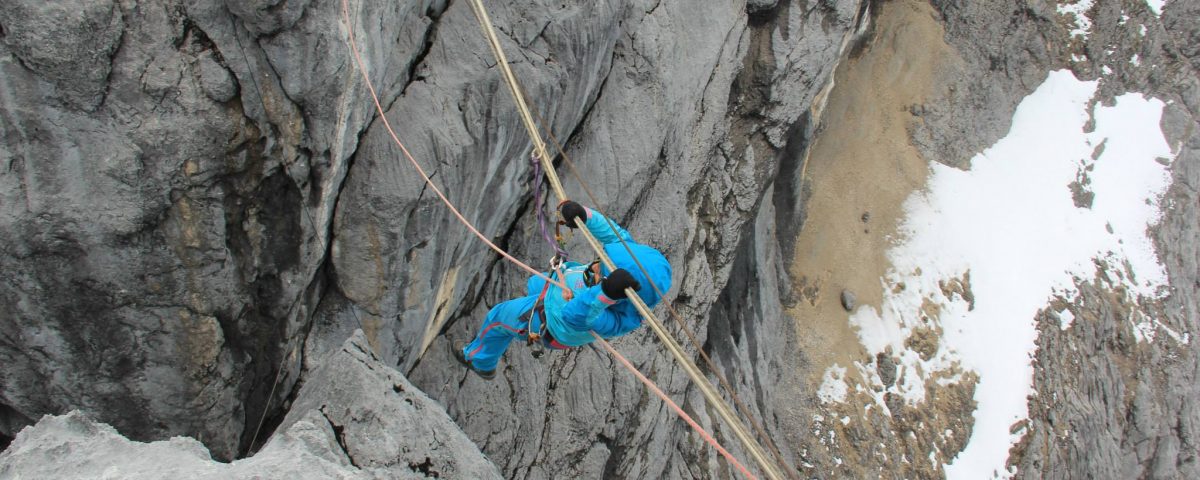
Tips to Get Ready For a High Altitude Mountain Adventure
A high altitude adventure, be it climbing a mountain or trekking to the Base Camp of a lofty mountain like K2 or Nanga Parbat, is a venture that is physically and psychologically very challenging. If you are planning to climb a mountain, or if you want to indulge yourself in some arduous mountain treks, you must be physically fit, mentally resilient and emotionally strong to cope with the physical, psychological and emotional ups and downs of the endeavor. In addition to that, you must be fully trained, have the specialized skills, and have a solid sense of coordination and independence. It is equally important to admit that high altitude adventures are particularly indiscriminate of gender. You should be ready for both victory and failure, irrespective of who you are. You must be well versed in using your tools, and know how you have to utilize the minimum resources because you’ve tossed only the bare crucials in your bag- only those that matter the most. Before kicking off for the mountains, don’t forget to ask yourself if you are really prepared.
No matter what your body profile, weight, height, gender or health, you will need to carry equal load and overcome the same hurdles as other members on your team. Backpack weight is indiscriminate, especially when you are climbing a mountain. You must keep this in mind and train yourself to carry more weight. Training is the key for being physically fit. You should be in good physical health to face the unforeseen wraths of nature in the mountains, such as extreme weather fluctuations, avalanches, altitude sickness and terrain difficulty. A physically fit person will have relatively less problem coping with extreme and adverse situations. Mental preparedness is yet another bedrock in your adventure. It is going to get harder, and you’ll have to admit that everyone on the adventure team hates a whiner. Therefore, you must be ready to accept harder things, push forth in the face of difficulties and be mentally ready to deal with any situation.
Lets suppose you are in the Karakorum Mountains and attempting to climb K2. You are at 25,000 feet, climbing the icy wall of a segment of the mountain with a jumar, and suddenly you find the teeth of the jumar has iced up, failing to grip the rope. Trying to use the jumar is now impractical. A mentally prepared and resilient climber will use a contingency strategy instead of freaking out. For example, casing the rope around your arms numerous times and painstakingly pulling yourself up and drumming your boots into the wall may help in such a situation. Also, you should your strengths and weaknesses. For example, if you know you can carry anything, consider yourself a powerhouse or maybe a mule. Make sure to utilize your strengths to your advantage. You must also come up with ways to use your strengths to outdo your weaknesses.
Climbing a mountain like K2 and Nanga Parbat isn’t a child’s play, so you need to engage yourself in high endurance training and practice to gain the buoyancy, dexterity, experience, strength and skills required for the adventure. Remember, the best time to practice and train your body, mind and soul for your next adventure is when you are at home. You are in luck if you live in a mountainous area because you have all the opportunities to practice yourself for the adventure. Being on the rope and attempting to figure things out can be life threatening. Readying yourself for any harsh and extreme condition will only multiply your chances for success.
Remember, having your essential items and gears is important, but what really counts in extreme mountain adventures is your physical, mental, emotional and spiritual fitness and training. You must make sure to take these items along. If you want to know more about high altitude adventures in Pakistan’s Karakorum, Himalaya or Hindu Kush mountain ranges, contact us now.